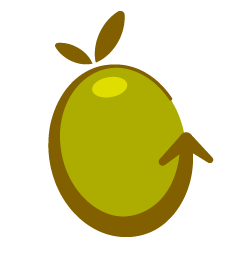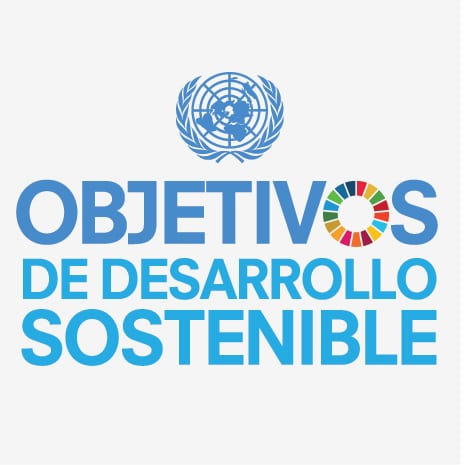 Vigilancia Tecnológica
Vigilancia Tecnológica
Selective Laser Sintering (SLS) and Post-Processing of Prosopis Chilensis/Polyethersulfone Composite (PCPC)
The range of selective laser sintering (SLS) materials is currently limited, and the available materials are often of high cost. Moreover, the mechanical strength of wood–plastic SLS parts is low, which restricts the application of a SLS technology. A new composite material has been proposed to address these issues, while simultaneously valorizing agricultural and forestry waste. This composite presents several advantages, including reduced pollution associated with waste disposal and reduced CO2 emission with the SLS process in addition to good mechanical strength. In this article, a novel and low-cost Prosopis chilensis/polyethersulfone composite (PCPC) was used as a primary material for SLS. The formability of PCPC with various raw material ratios was investigated via single-layer experiments, while the mechanical properties and dimensional accuracy of the parts produced using the various PCPC ratios were evaluated. Further, the microstructure and particle distribution in the PCPC pieces were examined using scanning electron microscopy. The result showed that the SLS part produced via 10/90 (wt/wt) PCPC exhibited the best mechanical strength and forming quality compared to other ratios and pure polyethersulfone (PES), where bending and tensile strengths of 10.78 and 4.94 MPa were measured. To improve the mechanical strength, post-processing infiltration was used and the PCPC-waxed parts were enhanced to 12.38 MPa and 5.73 MPa for bending and tensile strength.
Fecha publicación: 07/07/2020
Autor: Idriss
Referencia: doi: 10.3390/ma13133034






